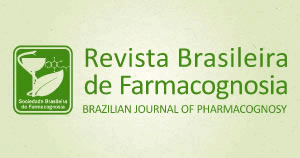The genus Cecropia is as known popularly "embaúba" and presents several medical species. Studies with the species C. glaziovii Sneth indicates that the hydroalchoolic extracts presents bronchodilator, anti-hypertensive and antidepressive effects, probably due its contests catechins, procyanidins and flavonoids. The aim of this study was to assess the potential toxic, cytotoxic, clastogenic and aneugenic effects of the crude hydroalchoolic extract of leaves of C. glaziovii, by means of the determination of the median lethal dose (LD50), the analysis of micronucleus in cells from bone marrow of rodents and through the Allium cepa assay, and also to performe the phytochemical screening. The results showed that at the concentrations tested no cause acute toxicity, as well as no clastogenic and aneugenic activity, was observed suggesting that the extract of C. glaziovii do not interfere in cell division. The phytochemical screening indicated the presence of tannins, flavonoids, phenols, anthraquinones, coumarins, catechins, proteins, reducing sugars, depsides, depsidons and triterpenes. Howerver, these results do not prescribe therapeutic consumption of the species, without keeping its evaluation and the achievement of all pre-clinical and clinical stages.
Cecropia glaziovii; Cecropiaceae; mutagenicity; micronucleus; medicinal plant



